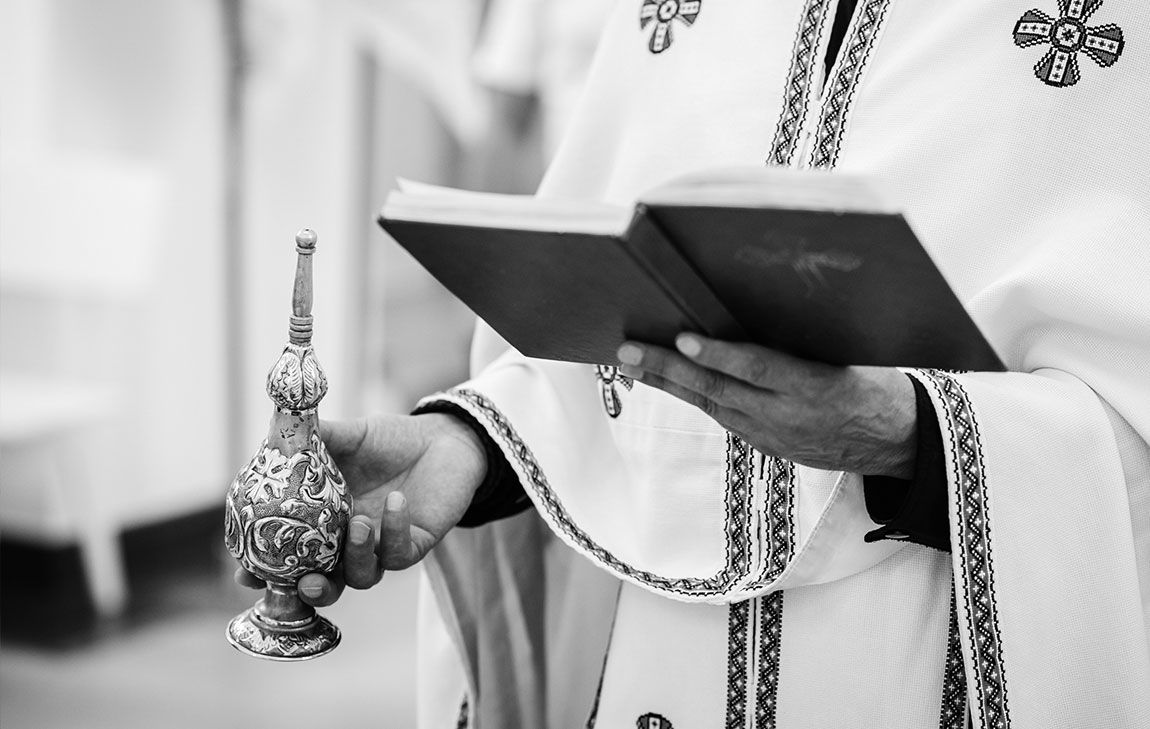Attending a Greek Orthodox Funeral
A Guide for the Non-Orthodox
Rich in culture, close community, and faith, the Greek Orthodox Church believe death is a sacred encounter, which is reflected in their funeral traditions. The body is returned to the earth via burial, and the soul waits with God for the Second Coming, when the body will be resurrected, reunited with the soul, and live for eternity in God’s Kingdom.

When attending a Greek Orthodox funeral as a non-Orthodox, you can expect to notice a beautifully strong faith and the support of a large spiritual community. Going to a funeral where you don't share the same religious background can feel intimidating, but by familiarizing yourself with the customs and practices of the Greek Orthodox Church, you can better comfort and support the grieving family and ease your anxiety about what to do.
What to Expect at a Greek Orthodox Funeral
Greek Orthodox funeral traditions are deeply rooted in ancient rituals and beliefs and the service typically includes five parts:
- A three-day wake. After the body is cleansed and clothed, a priest leads a prayer service. The family then stays by the body for those three days while reciting the Book of Psalms, typically at the home of the deceased and is attended by family and close loved ones.
- The Trisagion Service. The day before the funeral, the Trisagion prayer service is held by the family and a priest. Trisagion means “thrice holy,” where God is described as holy in three different qualities. Hymns are sung, asking God to grant eternal rest to the deceased.
- The funeral service. Greek Orthodox funerals typically last about 60 minutes and mirror the Trisagion service, where readings, prayers, and hymns create a beautiful dialogue between God, the departed, and those in attendance.
- The burial. Once the funeral service ends, the priest, family, and attendees proceed to the cemetery where the Trisagion prayer is chanted again and the family says their final goodbyes. Cremation is typically not practiced, as the Greek Orthodox Church believe the body is the temple of the Holy Spirit and should be treated with respect.
- The Makaria, or “Meal of Mercy.” The meal is provided by the family or congregation and can be held at the Church, a restaurant, or in a home. This is a time to share memories of the deceased and offer support to the family.
After the funeral, the immediate family may take a week off from work and receive short visits from the community. Candles and incense are lit to signify the presence of their loved one as they reflect and pray.
A week after the funeral, a commemoration service is held, typically identical to the funeral, but without the casket present. The family may hold more commemoration services, with one taking place 40 days and one year after their loved one has passed.
What to Wear to a Greek Orthodox Funeral
Greek Orthodox funerals are traditional, somber events. It's best to dress in modest, dark clothing, unless the family specifies otherwise. Men may wear suits or dress shirts and slacks, and women may opt for a modest dress or a skirt and blouse. This symbolizes respect, mourning, and solidarity with the bereaved family, while acknowledging the sacredness of the event.
Etiquette for Funeral Guests
Something you may notice before the funeral begins is an open casket. Attendees will line up, walk around the casket, and pause briefly before the deceased. They may kiss the deceased or a photo or crucifix on top of the casket, then proceed to kiss the priest’s hand. As a non-Orthodox, you won’t be expected to view or kiss the body and priest, but do whatever feels right for you at that time. It would be appreciated for you to at least view the body and take a brief moment to say a final goodbye.
As a non-Orthodox, you might feel unsure about when to stand, sit, or how to participate in the order of the service. It’s always best to follow the lead of those around you, observe their behaviors, and respectfully follow along. If you ever feel unsure about any customs, it’s okay to ask a member of the clergy or a knowledgeable attendee for guidance. The Greek Orthodox community is welcoming and understanding of visitors and will appreciate your efforts to show respect and support.
Supporting the Family After the Funeral
In the Greek Orthodox faith, it’s acceptable to call, visit, or send a card to the bereaved family, expressing your condolences and support. You can also send white flowers or ask the family what contribution they would prefer in lieu of flowers. Food, however, isn’t considered an appropriate gift, unless requested by the family.
After the funeral, as a non-Orthodox, you aren’t expected to attend the commemoration services, but if you do decide to, it would be welcomed.
The human experience of grief isn’t any different between faith backgrounds. Grief affects us all after a loved one has passed, and it’s important to remain a supportive friend after someone of a different faith has departed. If you’ve been invited to a Greek Orthodox funeral at Horan & McConaty and aren’t sure what to expect, you can call us at
(303) 745-4418 for details about a specific service.



